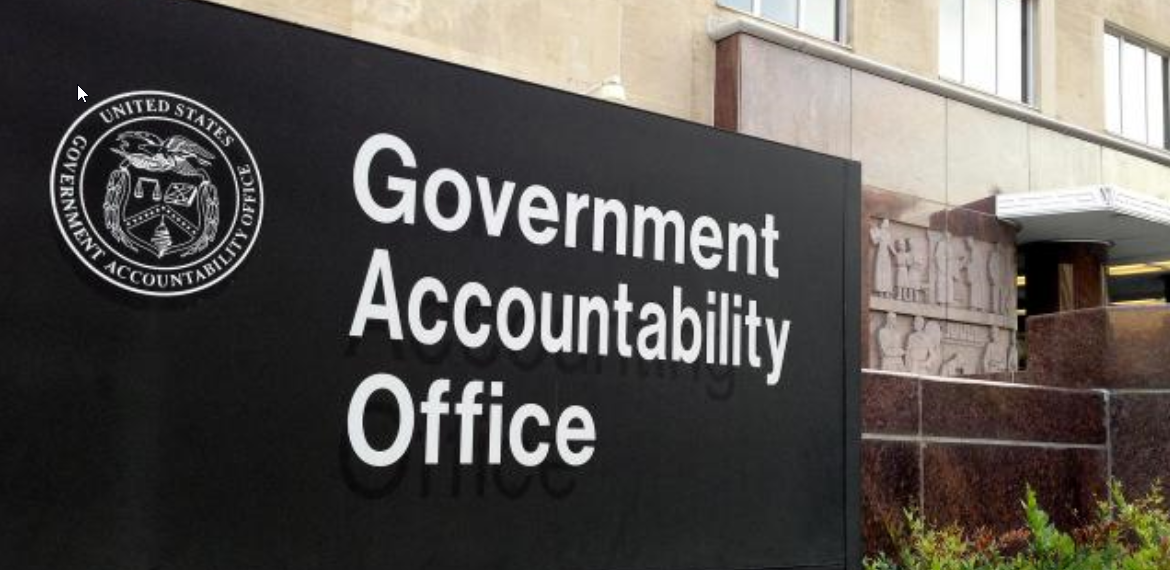The Government Accountability Office (GAO): The Durbin Amendment Has “Significantly Affected the Cost and Availability of Basic Banking Services”

How much has the Durbin Amendment harmed the American people? The answer, unfortunately, is a tremendous amount. Since the amendment’s passage in 2010, America’s underbanked population has increased by 1 million people.
The Government Accountability Office (GAO)—an independent and nonpartisan government agency— recently released a report on the access to and affordability of financial services. Among other findings, they concluded that interchange regulations on debit card purchases, enacted through the Durbin Amendment, ranked as one of the most harmful laws negatively impacting the availability of fundamental banking services (page 22).
The GAO concluded that lower- and middle-income Americans, including minority communities, are significantly harmed by the Durbin Amendment’s interchange price controls which have robbed vulnerable small businesses and their customers of affordable banking services.
The bottom line: the Durbin Amendment takes critical resources away from smaller banking institutions, like credit unions and community banks, and gifts them to big-box retailers who are already making massive profits.
Price controls are nothing new, and unfortunately, neither are their effects on consumers. Time and again, price controls have harmed citizens, businesses, and financial institutions. As retailers continue to advocate for strict price controls on payment cards, it is more important than ever to remember what happens when the government decides to set prices. When President Nixon imposed price controls on oil and gas, it led to the oil crisis, with gas stations across the country running out of gas. In Venezuela, price controls on basic goods led to empty supermarket shelves. In the case of the Durbin Amendment, the GAO reports that price controls on interchange fees have led to reduced free checking accounts, minimum balance requirement increases, and the loss of rewards on debit cards.
Big-box retailers have gained billions due to their rent-seeking behavior and this resulting wealth transfer, and they are looking to expand these price controls, either directly or through the back door of routing restrictions, in order to raise their profits even higher. Home Depot, Target, Amazon, and Walmart are among the many giant retailers urging Congress to expand price controls on interchange fees. This market intervention would take even more revenue away from financial institutions, including many small community banks and credit unions. But retailers see price controls as a great opportunity to use government power to limit their costs. They’ve also continued to grow as they were allowed to stay open while many small businesses closed amidst the pandemic and resulting regulations—a $250 billion wealth transfer—“a decade or more shift in 2 months or less.”
Given the GAO’s documented consequences of interchange caps for consumers, lawmakers and regulators should be wary of the potential unintended effects of additional price controls or other financial regulation, especially for the underbanked and other vulnerable groups.